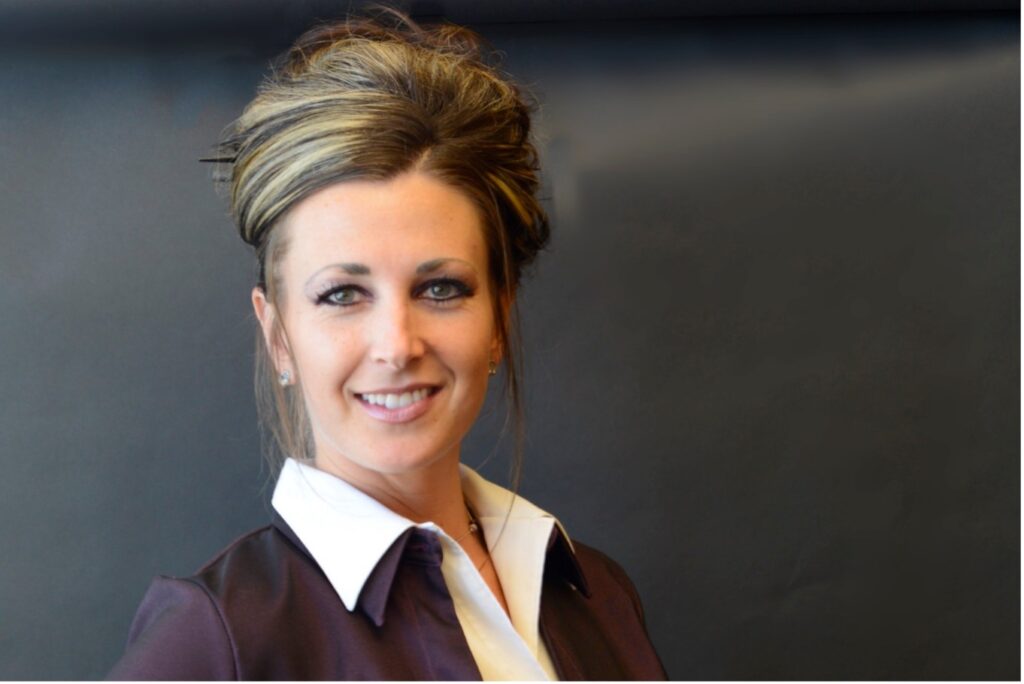This week I’m thrilled to share the expertise about life insurance of Ladicia Grosch, COO and Principal of Bridge Life, LLC. Ladicia partnered in creating Bridge Life in 2012. She has worked in the wealth transfer and life insurance industry for over eighteen years. Ladicia oversees company operations including compliance, human resources, financials, technology, and advisor relations.
KS: At what stages of life are people in the most need of life insurance?
LG: People most need insurance during two stages of life. The first stage is younger families as they are growing their wealth. Insurance is purchased on the primary income earner to protect the spouse and family against financial impact of an untimely death. Once financial security is achieved, insurance may no longer be needed, which is why term insurance is often used.
The second stage is for families with estates above the estate tax threshold – currently $22 million per couple. The current law will reduce the threshold to $12 million per couple in 2026. Often, life insurance is purchased to pay estate taxes at death (currently 40%,and moving to 45%) so estate assets can pass to the next generation. Given the insurance coverage may be needed through a lifetime, permanent insurance is often used for this planning need.
KS: Whole life insurance is so much more expensive than term life insurance. Yet it’s hard to know if you will need insurance for the entire span of your lifetime. You might for things like estate tax or helping to pass along a small business to heirs, but that’s hard to guess when you are a young family staring off. Is there a solution or product that can bridge the need?
LG: Term insurance can be purchased in different durations, commonly ranging from 10 to 30 years. This insurance often includes a “conversion right,” which allows the policy owner to start with a term policy and have the option to convert into a permanent policy without going through new medical exams. Some term policies are only convertible during certain years of the insurance, which is important to ask when purchasing.
KS: What are some surprising lifestyle decisions (hobbies, travel, career) that could affect your ability to get life insurance or increase premiums significantly?
It’s amazing what lifestyle activities are considered risky from an insurance company’s standpoint and fun for the rest of us! Insurance underwriters can sometimes be conservative and only have one opportunity to assess risk, so it is crucial that the insurance advisor is able to negotiate underwriting competitively with multiple companies to get the best possible offers. Complex medical histories, substance use, hobbies, and extensive foreign travel can impact underwriting, and need to be framed appropriately in the application. Hobbies with some mortality risk such as scuba diving, sky diving, race car driving, and rock climbing can all be analyzed carefully by an underwriter.
Thanks to Ladicia for educating us! For questions or help with life insurance, you can reach her at www.bridgelifellc.com.



